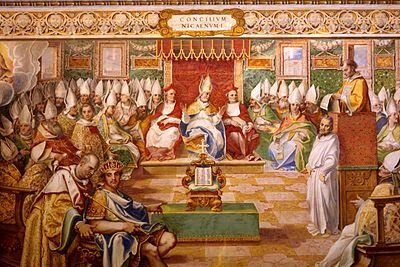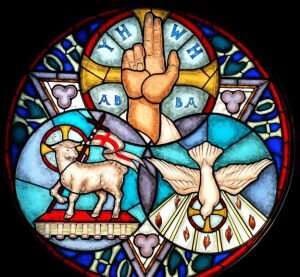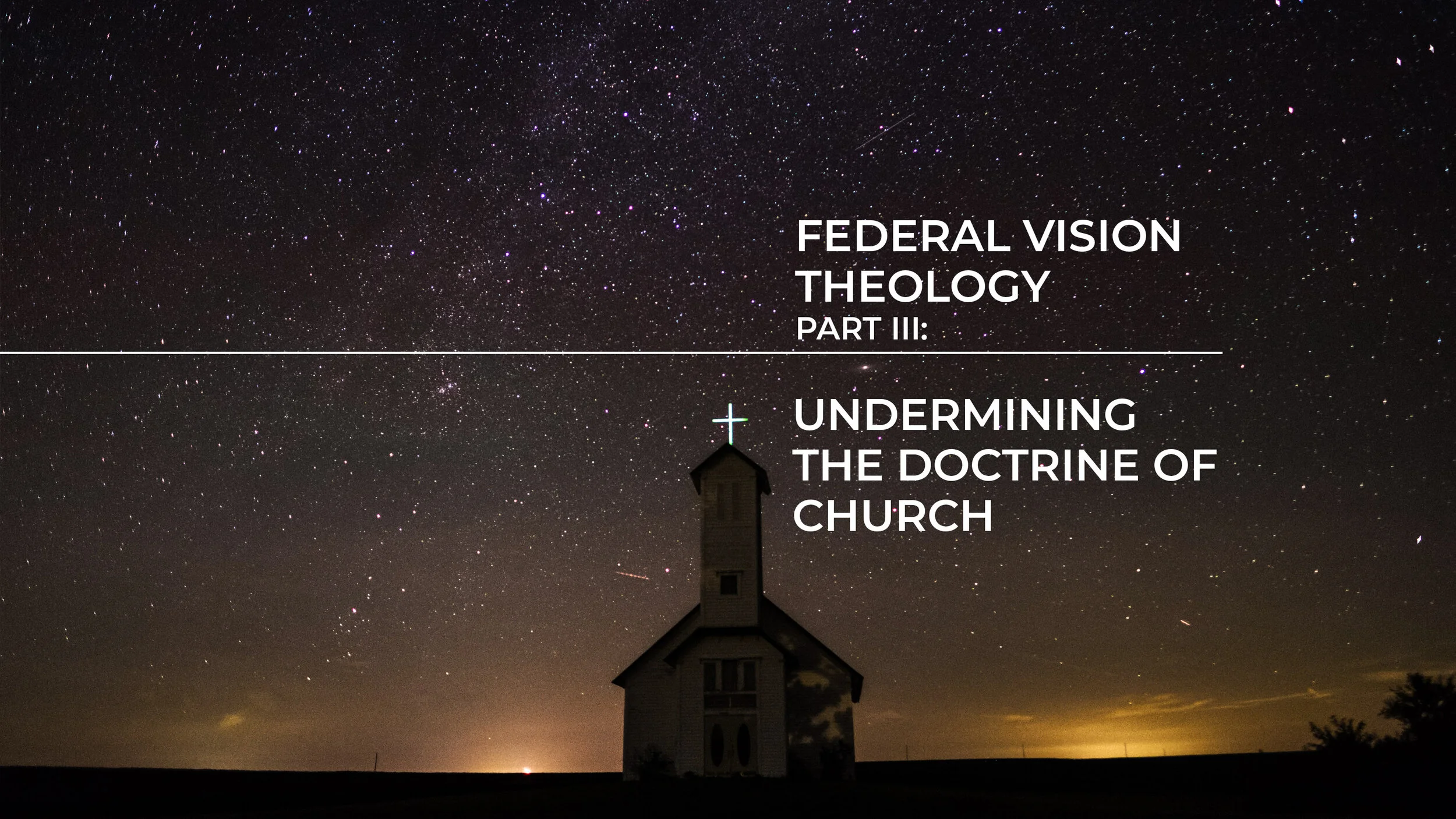
faith
Psychology. What a loaded word! To some people, the word draws up images of great progress in the understanding of human behavior and cognition about which the ancients could never dream or of which they could never conceive. To others, ‘psychology’ is tantamount to idolatry and synonymous with ‘secular.’ Similarly, when people hear the word counseling, they may imagine anything from the psychoanalytic couch, to a group intervention with a drug addict, to an awkward conversation with a well-meaning pastor or mentor. What is psychology? Is it biblical? Are there many definitions of the term? Should biblical counseling draw upon the insights of contemporary psychological studies?
Substance Use Disorder, the technical name for addictions in the Diagnostic and Statistical Manual published by the American Psychiatric Association, lends itself to presenting the view that addiction is a disease much in the same way that a bladder infection is. Of course, it is acknowledged that beliefs and emotions play a larger role in addictive behavior than they do in a bladder infection; however, the predominant way of framing addictions is as a disease with some special caveats regarding the cognitive and the affective. Those with substance use disorder (SUD) are viewed as victims and as those suffering from an illness.
The Church of Sweden, the former state church of Sweden, recently released a letter apologizing for the way Christians have treated those who identify as transgender. Furthermore, the letter said that the Church of Sweden now describes itself as “trans.” The letter was signed by near 1,000 people including priests, deacons, and laymen.
As unpopular as it may sound, Traditional Denominationalism is a position which guards against the errors of separationism and ecumenicism….[D]enominations promote believers who share great amount of agreement to be united in social and general theological activism while allowing different theological nuances to be expressed without persecution.
As Christians, we know we aren’t supposed to fear. “Do not be anxious about anything…” Paul writes in Philippians 4:6. And such admonitions are found throughout Scripture…. Fear that results from not trusting the LORD is indeed sinful. All fear provides an opportunity to trust God even if the cause is physiological…. So, fear can be sinful. It very often is sinful. But it is not ALWAYS sinful. Now, the causes of fear are complex and multifaceted. However, there are four things the believer can do whenever fear strikes.
Modernity has brought with itself a craving for entertainment. Since the turn of the 20th century, technological advances in fields such as audio and video recording meddled with the already present western proclivity for theater and music.
We live in an age of increasing pseudo-spirituality. As atheism leads eventually to nihilism, many in the postmodern West have opted to cling to a sort of spirituality. However, this pop spirituality is not biblical spirituality. Following is a brief compare and contrast of pop spirituality and biblical spirituality. Spirituality itself must be defined. According to the New Oxford American Dictionary, spirituality is “the quality of being concerned with the human spirit or soul as opposed to material or physical things.”
Paul the Apostle makes an interesting statement regarding biological Israel, his brothers according the flesh. This statement also raises an interesting, although very hypothetical, ethical dilemma. While discussing divine election, God’s will, and the future of biological Israel, Paul says regarding his unbelieving kinsmen: “I am speaking the truth in Christ—I am not lying; my conscience bears me witness in the Holy Spirit—that I have great sorrow and unceasing anguish in my heart. For I could wish that I myself were accursed and cut off from Christ for the sake of my brothers, my kinsmen according to the flesh…”
Since the rise of Modernism and Liberal theology, Conservatives have fought tooth and nail for the authority of the Bible. The Bible has been the core of every theologically conservative worldview. One practical use of the Bible is Christian counseling. However, Conservatives themselves differ over which counseling approach(es) are most appropriate.
On Tuesday, February 16th, 2020, a church met on a hill across from Planned Parenthood in Knoxville, Tennessee. The name of this particular church, however, is a very uncommon one. It is called “The Church At Planned Parenthood” and according to their website they are not a protest, but a “worship service at the gates of hell.”
The Trinity is perhaps the distinctive doctrine of Christianity. Trinitarianism has been a test of orthodoxy throughout most of Church history. This article seeks to defend the Trinity using sound exegesis. First, various theological works and creeds are examined to define the Trinity as something cannot be defended if it is not defined. Second, some non-Trinitarian views are defined briefly. Third, several key scriptural passages are examined in context, which suggest orthodox Trinitarianism.
“Why is my liberty judged of another man’s conscience?” (1 Corinthians 10:29 KJV). These words of Paul illustrate that he believed in a right to the freedom of conscience. From the freedom of conscience (the right to hold certain convictions) comes the freedom of speech (the right to promote one’s views). While American freedoms continue to crumble, it could always be worse.
“These times of uncertainty.” That was the catchphrase for 2020. It appears that the times of uncertainty continue in the political arena. Freedom loving Americans are scared about what a Democratic-controlled government means for the Country. If a Democrat government weren’t bad enough, the Big Tech overlords continue to try to influence Americans towards the ways of authoritarian leftism. These are serious concerns that need to be met head on.
Certain officials may act in tyrannical and despotic ways, but forever ingrained in the souls of Americans is the idea of a government of “We the people.” Therefore, the words of the Peter the apostle sound foreign to us. “Honor the Emperor,” Peter wrote (1 Peter 2:17). Even though we have no king nor emperor, we do have elected authorities.
On November 25, 2020, the Supreme Court made a big decision that will have a huge impact for houses of worship across the country. In this major decision, the Supreme Court sided 5-4, a decision that new Supreme Court Justice Amy Barrett's opinion was key in, with the Roman Catholic Diocese of Brooklyn and August Israel of America against the City and State of New York.
We can create amazing characters and stories, but what about God? What can God do? When one creates a story or a tale, it starts in his mind. A story is not independent of its author. Middle Earth is dependent on the mind of Tolkien, and Narnia needs Lewis. Such is the same of God’s story.
One's view of the Bible matters. The Bible is no mere book; no mere collection of documents. It is the most influential set of texts in the world. It is a founding text of the Western tradition. Even if a complete forgery and un-divine, its importance cannot be overstated. Consider this question. Is the Bible true?
The Mayor of Longview, Texas and Longview City Council opens up about their beliefs regarding governance, faith, and abortion in this piece examining one city's leaders and just how accessible they are to their constituents.
When it comes to the doctrine of elections some pastors wish to steer completely clear of the subject. That is not true, however, of Pastor Chance Nichols. Chance Nichols is one of the pastors of Christ Fellowship Church in Big Spring, Texas who isn’t afraid to talk politics. His church’s motto is, “Seeking to exalt Christ’s Lordship in all of life” and to him, that includes that which many deem to be political.
Are John MacArthur, R.C. Sproul, John Piper, and Albert Mohler wrong about the gospel message of justification by faith alone?
Federal Vision is a system that posits “God must do His part” (grace) and “man must do his part” (works) in order to enjoy a relationship with the triune God in this age and in the age to come.
Simply put, if the absence of a physical gathering of the people of God precludes the occurrence of local church worship, then it is fundamentally impossible for the Lord’s Supper to be administered in any meaningfully Biblical sense.
In this series’ efforts to critically analyze serious errors of Federal Vision theology… it is important that we strive to honor the manner in which the term “Reformed” has been used and understood within its historical context.
…[P]roduction value overtakes any biblical quality. In other words, it becomes nothing more than a performance; another concert judged by the “feels” it produces.
When our neighborhood is crying out in fear and buying out shelves of groceries, this is no time to further agitate those around you. Or condemn them as less faithful. Or deride them as gullible saps. How are we to make our compassion contagious?
Federal Vision theology severely mars the purity of God’s free grace offered to needy, perishing sinners through the Gospel of Jesus Christ and eradicates any ability for Christians to have assurance that the God who began a good work in them will ultimately perfect it until the day of Christ Jesus (Phil. 1:6).
All of Dr. Hart’s arguments are a primer in the practice of liberal theology. Here’s the recipe: a heaping tablespoon of doubting the Bible, a quarter cup of obscure church fathers elevated to the authority of Scripture, and then sprinkle in some “social psychology” for good measure. We always fall into error when we elevate other voices to the authority of Scripture.
Chan is mistaken, not just in historical theology, but in his understanding of God’s Word on this point. His problem comes from ignorance of church history and of the logical implications of his new-found position.
The deeper meaning of Christmas is not that Jesus came to bring universal peace among all sinners in the world. The deeper meaning is that Jesus came with a mission to serve, to be the innocent lamb of God who would endure the Wrath of God to save His sheep.






























College of the Ozarks, a Christian liberal arts school in Missouri, filed a suit against the Biden administration. The lawsuit seeks to challenge the Department of Housing and Urban Development (HUD) rule which, if followed, would force Christian universities colleges to act against their beliefs….”The fight to protect our religious freedom has just begun."